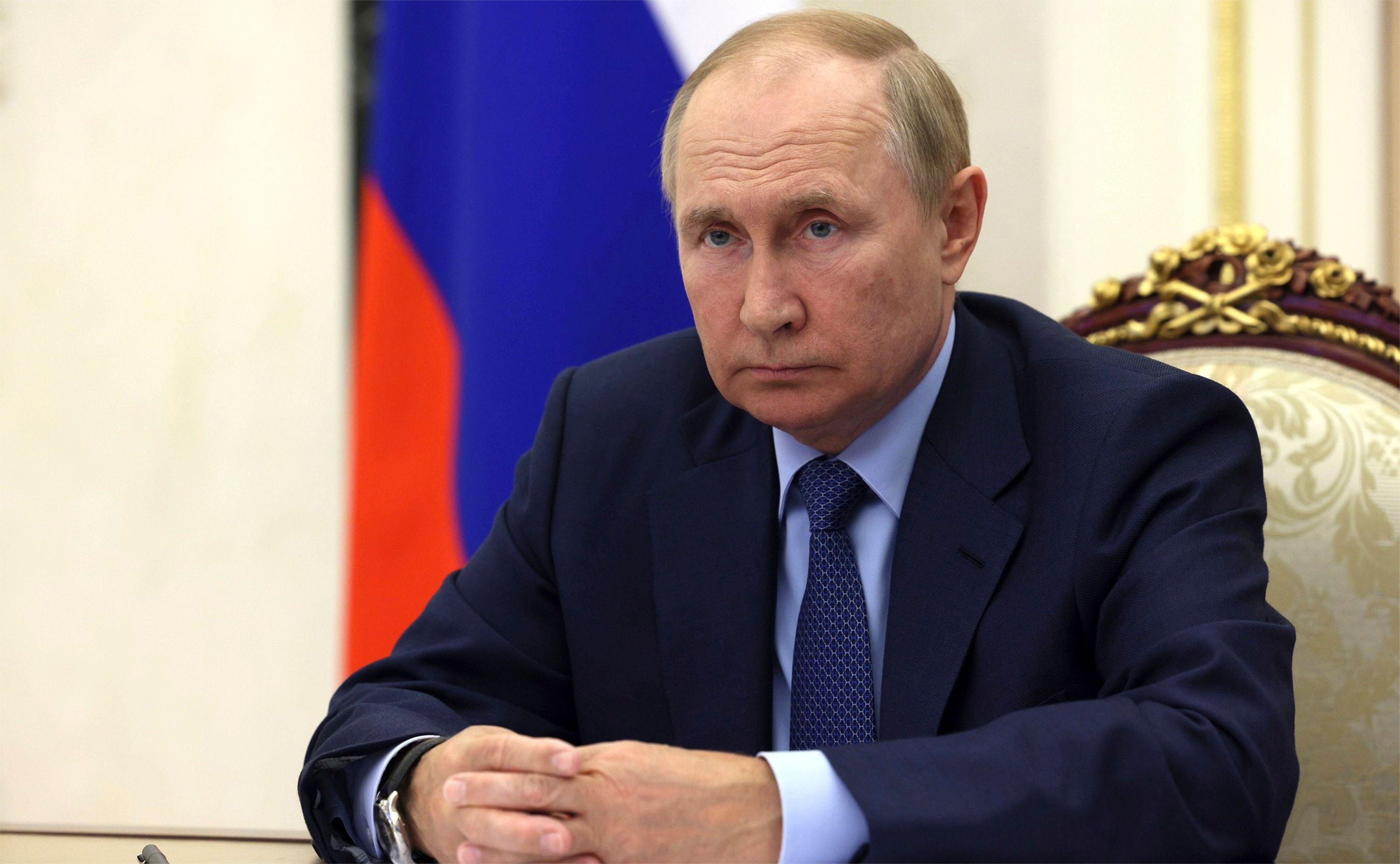Has the West’s policy of applying sanctions to Russia achieved anything useful, or was it a mistake that has harmed the sanctioners more than it has harmed the sanctioned? There has been very little discussion of the case for sanctions, just a general assumption that they must be justified because Russia’s behaviour in invading its peaceful neighbour, Ukraine, was so appalling.
I totally agree with that condemnation. But what is lacking is a clear statement of what sanctions are supposed to achieve. Are they merely to punish Russia? If so, how? And what do we mean by Russia? The entire population? The ruling regime? Somewhere in between? Are sanctions supposed to provoke a popular uprising, so that the Russian people overthrow the Putin government by riot or insurrection, to put in place an alternative administration which will order a withdrawal of Russian forces?
If the target of the punishment is the Russian people for failing to do this, two further questions arise. Are they to be held responsible for the misdeeds of their rulers? It seems to be the case that Vladimir Putin’s policy towards Ukraine enjoys widespread support in Russia. Reactions on the street to the death of Mikhail Gorbachev suggests that many Russians share Putin’s opinion that the breakup of the Soviet Union was a catastrophic mistake which was largely Gorbachev’s fault.
The Ukraine aggression is apparently widely supported, though we do not know by exactly what proportion of the population. We do know that the Russian people have been fed disinformation by their tightly controlled media. So the chances of a change of government by popular revolt seems vanishingly small. And this is true even if sanctions do inflict hardship on the Russian people. One thing we do know about them is that their stoical resistance to outside pressure, economic or military, is legendary. This is a country that suffered under the tyranny of Stalin and the Nazi jackboot; Western sanctions don’t begin to compare.
So the infliction of hardship on the Russian people cannot be upheld as a deliberate purpose of Western sanctions. Maybe the regime itself makes a more logical target. There is every sign that the Russian economy is in bad shape. The economic burden of fighting an increasingly expensive military campaign, even without the extra costs imposed by sanctions, is considerable. However Putin has by no means exhausted the possibilities of evading Western sanctions by alliances with China and Iran, and India and a significant number of African countries are happy to help him.
The hope that Russia might be forced to change its Ukrainian policy in order to prevent the collapse of its economy seems, on the available evidence, to be far-fetched. In any event, Putin is happy to apply his own sanctions in return, for instance by interrupting the flow of Russian natural gas to Western Europe. So from the effects of Western sanctions and Russian counter-sanctions, countries reliant on Russian gas supplies are facing a really difficult winter. The reduction in the availability of Russia gas and oil has led to severe world shortages, and Western economies are being ravaged by historically high rates of inflation coupled with high energy prices.
Specific sanctions aimed at reducing the effectiveness of Russian armed forces may make more sense, though Russia is not a major buyer of Western military technology. We are not being told, perhaps for good reason, how much damage to Russian military capacity Western sanctions are causing. But as the campaign drags on, there will be time for substitute technology to emerge. So trying to degrade Russian military equipment by Western sanctions does not seem a convincing argument for applying them.
Are there other arguments? For instance, it may feel satisfying to prevent wealthy and powerful friends of the Putin regime from enjoying their luxury palaces and yachts, but is there any evidence it makes the slightest difference? Refusing to allow ordinary Russians to take holidays in countries which have applied sanctions may annoy the holiday-makers or just divert them to different destinations. It also closes off the possibility of influencing them by denying them access to Western news sources. But most will not care.
Meanwhile sanctions against Russia are seriously harmful to Western economies, especially those dependent on Russian energy. Arguably, so gross is the Russian violation of international norms that the self-inflicted damage to Western living standards has to be bearable, because the cause is just. But that is only true if sanctions are helping to redress the injustice. At present the supply of Western state-of-the art-military technology is a much more effective way of supporting Ukraine, plus direct training of Ukraine military personnel in how to use it. Helping to raise the quality of the Ukraine army to Western professional standards is a direct benefit.
This costs money, at a time when Western economies are already under great strain. If sanctions are not having the desired effect of forcing Putin to call off his aggression against Ukraine, we need to ask what is the point of them. Solidarity I understand. But they appear to have rebounded, causing a global shortage of gas and oil, driving up inflation as a result and damaging Western economies and hence living standards. So might it not be better to relax sanctions, for instance to resume buying energy supplies from Russia, so these national economies are better able to bear the cost of helping Ukraine by other means such as arms supplies? And sparing their own populations a lot of hardship in the process.



 Loading ...
Loading ...
What do you think?
You can post as a subscriber user ...
User comments (0)